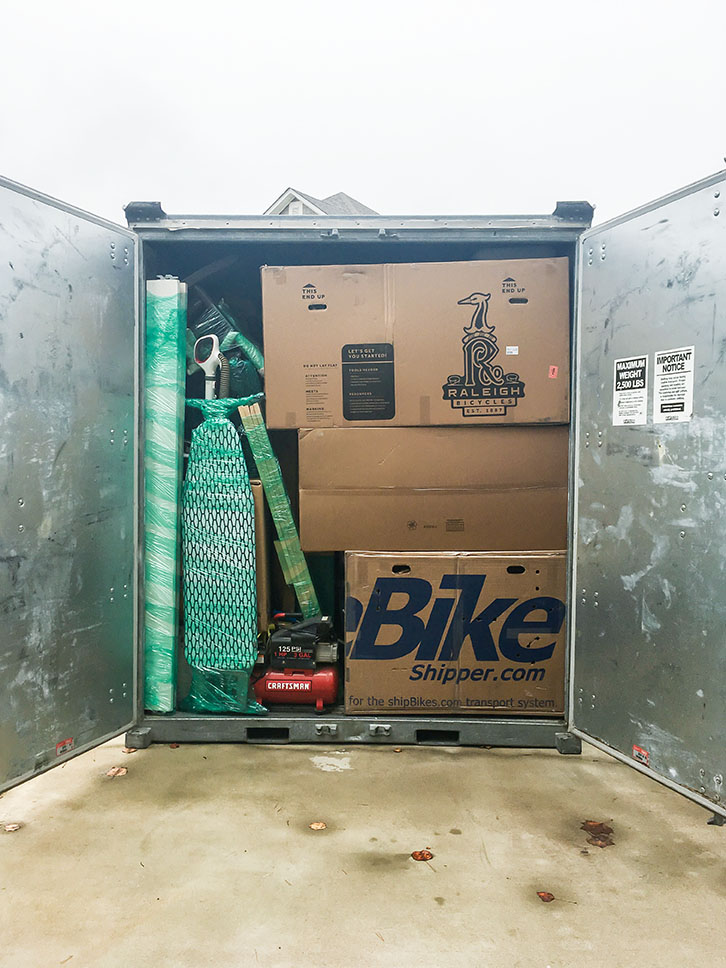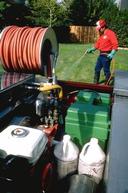Reasons Why Hiring a Corporate Event Planner is a Good Idea
Planning an event can be really cumbersome. You have to get the budgeting right, the up-to-date management in terms of arranging resources, scheduling and rescheduling your day plans and so on. In particular, if you are planning a corporate event, it is best to say that it has to be on-point. You cannot go wrong with the details because these meetings are very crucial for business growth.
Meetings and incentives are an important part of this planning process. When you rope in a corporate event planner for conducting a successful conference or convention, it ought to be thought through. Here are 5 good reasons for you to hire a corporate event planner:
1. Theme selection
When you skim through any event’s invitation, one of the things that must grab your attention is the theme of the conference. Now, when we say it is a medical conference, for instance, the foremost thing that you must talk about is the theme of the event and the need for it. Event planners will guide you in arranging meetings and incentives which would help you dive into this process right away!
2. Customization
Every meeting and incentive that you plan will require different sets of customization, mainly because each of these will be set in a different location, they will have a different set of target audience and so on. Therefore, the best-chosen expert for your event will customize it all for you.
3. Agenda for the meeting
There is a difference between the theme you choose and the agenda you set, and only an expert can tell you that. When you have called your associates for an event, they are looking for an agenda that suits their wants. Providing them with that advantage is in the hands of your planner.

Strategic planning
Strategic planning management is a legit requirement if you want the convention to be successful. Engaging your customers, handling the registration process, and managing your customer queries are things that event planners will take care of. In that sense, you can be carefree.
Budgeting
Money is a business. You want value for money and at the same time, you want your customers to be happy with the convention. That’s where your best-chosen expert for the event comes into the picture. They budget and account for your needs and make sure those are fulfilled.
The event planner can run things efficiently
The beauty of hiring a professional to handle any corporate event is that things are run efficiently. There are no unnecessary delays, the food is served on time, and the event flows fluidly from start to finish.

Develop & Execute Your Vision
Is this your first time planning a big corporate event, or throwing a fundraiser for a cause close to your heart? The first thing to do when you’re planning an event is to think about what you want it to look like and how you want it to feel. If you’re going for a fun, relaxed networking event, then your vision will likely be a little more casual than say, a super-official government conference. An event planner can help you decide on what you want your event to look like and help make it happen.
If you already know exactly what you want for your event, an event planner can connect you with the right vendors and help you bring your vision to life!
Navigate the Industry
The world of events is vast and expanding, which means there are a ton of vendors who would love to be hired for your event. From photographers to furniture rental companies, venues to caterers; it takes a team of professionals to put on an event. Want a caterer who can prepare a menu that connects to the mission of your non-profit organization? Event planners will know which vendors to recommend to you in order to build the best team possible.

You can save money
It may seem counter-intuitive but you can actually save big when you hire an events planner instead of doing all the works on your own. As it is, event planners have a wide-reaching network of suppliers who can provide the different requirements of a corporate event, which includes the food, audio-visual set-ups, invitations, physical arrangements, venue, and the like. A good event planner can strike the best deals and secure discounts that could become your savings.
You can save precious time
Planning an event, doing the necessary arrangements with suppliers, and overseeing the actual event can eat a chunk of your time. You may opt to create working committees from among your employees but you run the risk of affecting their daily productivity. If your company has particularly tight schedules on deliverables, it’s a wise move to just hire a professional event planner to take care of everything for you. Whatever time you can save from not doing all the legwork on your own, you can devote to corporate matters to improve productivity and profits. It’s a win-win situation.
You can avoid potentially embarrassing oversights
Nobody wants to hold a particularly big corporate event only to get shocked by some glaring oversights due to poor planning and execution. These might include some guests without seats, food that is not commensurate to the number of expected guests, and an audio setup that sucks, and the list goes on. With a professional event planner taking care of things, you can avoid such potentially embarrassing slip-ups since the service provider is well-versed with the intricacies of such delicate events. If you have a lot of VIPs coming in, this is more than enough reason to really hire an event planner.
What Does An Event Planner Do?
Event planning, as a profession, sometimes seems like it is shrouded in mystery. Some believe that the mystery aspect simply covers up the fact that it’s not a real profession at all – a pseudo-profession, perhaps. And at first glance, it can definitely seem that way. Event planners charge you to essentially throw a party, something you could do on your own, right? Hire a caterer, hire an AV company, secure a venue, all things that seem easy enough.
If you can do it all on your own, why hire someone to do it? Depending on your event planner, hiring them to take on the planning aspect of your event or party can be the best money you ever spent. Sure, you can do it all on your own, lone wolf style, but why take on all of the added stress? Plus, an event planner will likely be able to pull off something even more extraordinary than you could have imagined.
The biggest hurdle to hiring an event manager is the cost. But if you’re ready to release the reigns of your event to a professional, then it’s important to understand exactly what you are paying for. Any event planner worth their weight in confetti should be doing the following things for you.
Event Planner Tasks
- Coordinate speakers and/or VIP guests. If your event will have speakers or other VIPs, the event planner will work with you to help secure their presence as well as arrange their travel schedules and accommodations. The event planner will ensure that the speakers or guests arrive at the venue at their scheduled time and will arrange for any special treatment while they are at the event. They will also plan their event schedule
- Secure a venue. One of the most important tasks of an event planner is to scout various locations and then secure a venue for the event. The event planner will ensure that the venue can accommodate your guests or attendees as well as be logistically ideal for any activities or mini-events you have planned. They will work with the leasing agent to ensure that the space is ready to go on the day of the event and that everything falls within the scope of the contract.
- Hire all third party service providers. Most large events depend on many different third party service providers to ensure that things run smoothly. Everything from the food to the sound and music are sourced through third parties (caterers and AV service providers, respectively). Researching, interviewing, and hiring all of these providers can be a long and exhausting process, so having an event planner on hand to handle all of the work can be a huge weight off of your shoulders.
- Arrange all decor, swag, and informational materials. The event planner will ensure that all decor, swag, and informational materials are selected, ordered, and distributed to attendees and guests. This process includes hiring more third party service providers as well as making a lot of choices are far as what guests will want or need. The event planner must also be cognizant of the budget during this task.
- Create and organize the event schedule. The event schedule is a big part of whether or not an event will run smoothly. The event planner is in charge of understanding and anticipating the needs of attendees and then creating a schedule that fits what those needs are. The event planner will then create and disseminate a schedule that best fits the needs of those attending and then put measures in place that ensure things stay on schedule when event day arrives.























